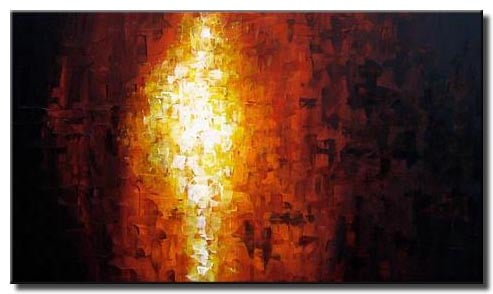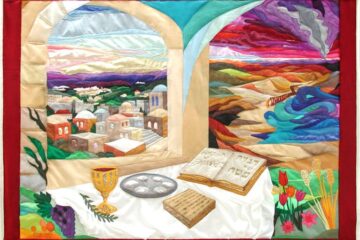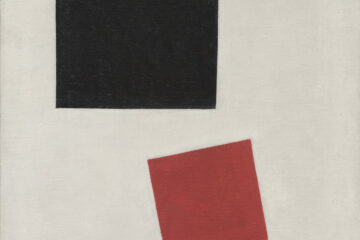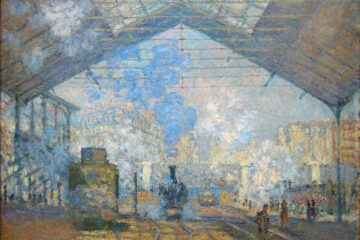Within each one of us is a longing for recognition by and connection with others. It is the flame of love, an incandescence stoked daily by how we treat one another. View the study sheet here. Watch the recording here.

We all want to hide sometime. From someone at work or a neighbor down the street. From too much noise or too much attention. From our responsibilities. From our failures. And sometimes from ourselves.
In this moment there are two global events which challenge us to emerge from our hiding. First is the relaxation of Covid-related constraints on our social behavior. For two years we have been encouraged to limit our social contact with others, even with family. We have been instructed to remain at home as much as possible, including for work and for school. Mask-wearing became not just a public health exercise but also a social practice in heightened anonymity. The relaxation of Covid mandates poses the question: Are you ready to emerge?
The second event is Russia’s brutal assault on the people of Ukraine. Every Russian missile striking a maternity hospital, every airstrike on a refugee convoy, every tank salvo at a civilian apartment building knocks on our door asking: Did you hear, do you see, do you know?
This week’s Torah portion tells us of two altars in the Mishkan, each with its own fire. One is inside the Mishkan’s inner tent, the Holy Place. The second is outside in the Mishkan’s courtyard. It is the outer altar that bears the aish tamid, a continuous fire. Hasidic tradition understands this to mean that the fire of love for God must be outward, open and revealed. It is not a private possession, to be cherished subconsciously. It must show in the face one sets towards the world. The continuous nature of this outward fire is not magical. It is not inherently sustained. It requires daily stoking of its embers.
We celebrate this week the holiday of Purim, the triumph of the Jewish people over the evil henchman of the mightiest empire of its day. This victory was not the result of divine intervention. It was the work of everyday people: Mordecai and his cousin Esther, whose name means “the hidden one.” When Mordecai brings to Esther news of the impending genocide, she at first hesitates. Ready, perhaps, to retreat further into the walls of her palace. It is only once Mordecai gently questions her, “Perhaps it is for this very moment that you are ready to emerge in your full sovereignty,” that Esther emerges from her hiding and saves a world thereby.
Perhaps this very moment is ours as well. Join us here at 7:00 p.m. (DST) Thursday March 17 as we explore the hidden point revealed.








